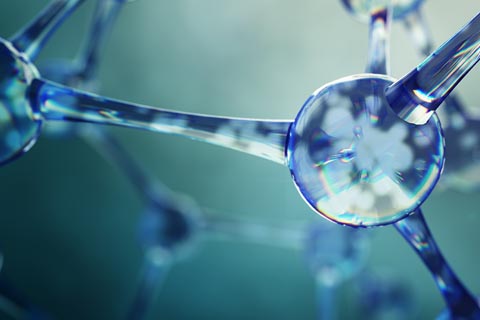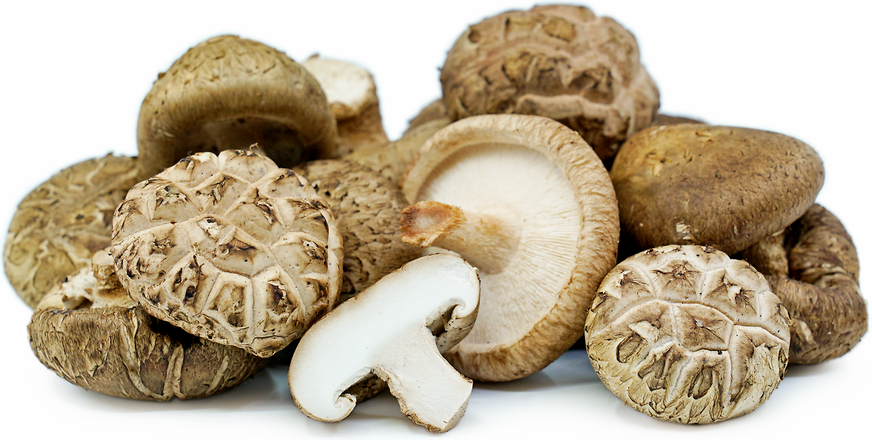Mineral deficiencies have become rampant in today’s society because of the increasingly diminished state of our soil.
Studies have shown that over half the land used for agriculture has become degraded in recent years, a problem that negatively affects our health in countless ways.
Because of this, the amount of minerals in our food has declined since the 1950s at rates of between six and 42 percent, leaving millions at the mercy of stress; their bodies incapable of performing essential functions.
Linus Pauling, a Nobel Prize winning chemist, and advocate of natural Vitamin C. is among those who have sounded the alarm on mineral deficiencies.
According to Dr. Pauling, mineral deficiencies have contributed to an epidemic of chronic disease.
“You can trace every sickness, every disease and every ailment to a mineral deficiency.” Pauling said.
Ionic Minerals: Uses, Benefits, and Properties
Ionic minerals are typically extracted from a pristine source of sea water, such as a salty lake or ocean.
They contain a positive or negative charge, and bond quickly with water molecules.
These properties allow them to be distributed evenly through the body to assist in biomechanical functions.
Ionic minerals also help to maintain a consistent, evenly distributed electrical charge across cell membranes, which increases the latent energy potential of each cell.
This type of minerals may also help improve proper cellular function by acting as a catalyst for the naturally found enzymes within each cell.
Enzymes allow the cell to perform its specific job or jobs, resulting in a healthy, full functioning human organism.
Without enough minerals, and perhaps more specifically enough properly absorbed minerals, the process remains dormant, and health problems of both a chronic and serious nature may arise.
Food Sources of Ionic Minerals
Some of the top food sources of ionic minerals include the following:
-Dark leafy green vegetables including arugula, kale, Swiss chard and dandelion greens
-Spring water, mineral water or ionized water
-Berries including blueberries, goji berries and cherries
-Mushrooms including shiitake, portobello, chanterelle, and enoki
-Seaweed including kelp, dulse, nori and wakame
Liquid Ionic Mineral Solutions and Tinctures
Ionic minerals can also be found in mineral solutions and tinctures like the ones from Omica Organics.
If you’d like to try Ionic minerals from Omica, click on this link or on the picture below, and use code ‘althealthworks’ to receive a discount at checkout.
Thanks as always for reading and have an awesome day!
Sincerely,
Nick Meyer
AltHealthWorks.com Founder

Thanks for installing the Bottom of every post plugin by Corey Salzano. Contact me if you need custom WordPress plugins or website design.









